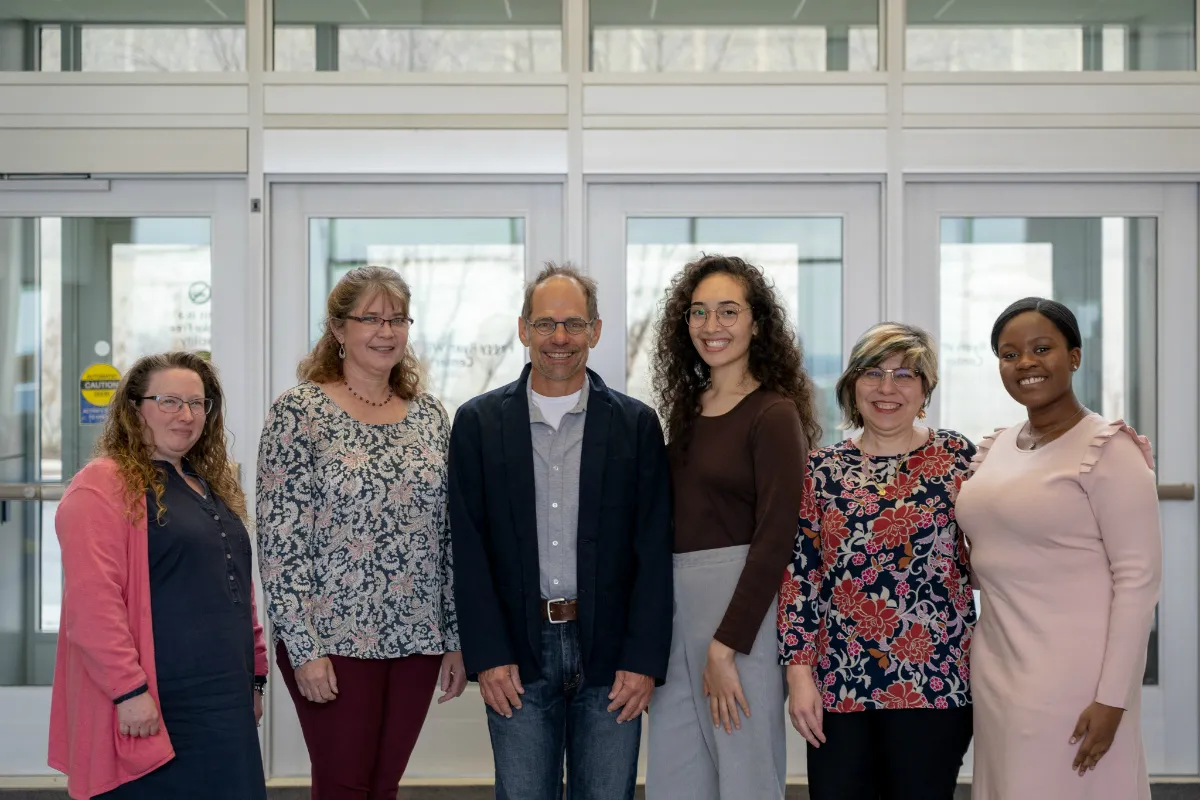Ithaca College’s second cohort of President’s Fellows will spend the 2019-20 academic year on a variety of initiatives, such as improving the recruitment and retention of faculty from underrepresented groups, and increasing staff and faculty engagement on campus.
The President’s Fellows Program is a one-year fellowship that allows participants to work outside of their normal environment and field to experience new professional opportunities on campus, develop leadership capabilities and receive mentorship in an unfamiliar area of interest. The program is supported by the President’s Discretionary Fund for Education, a strategic resource for supporting faculty, staff and students as they explore their potential as learners, educators, leaders, professionals and human beings.
“When I created the fellows program in November 2017, I hoped to provide a springboard for innovative thinking, strong partnerships, and collaborative leadership,” President Shirley M. Collado said in an email announcing the 2019-20 fellows. “The initiatives that our new fellows plan to tackle not only embrace these intentions, but speak to their deep love of this institution blended with a real desire to take their skills and knowledge to the next level to contribute to its success. This is at the heart of who we are as an IC community.”
The 2019-20 fellows are:
